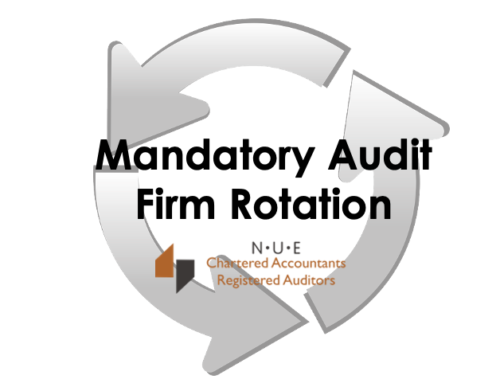Managing cash flow is a critical part of running a successful business. It involves ensuring that a business has enough cash on hand to cover its expenses and debts while also generating profits. One area of business that is becoming increasingly important is sustainability reporting. Sustainability reporting involves measuring and reporting a business’s social, environmental, and economic impact. This article will focus on the role of auditing services in sustainability reporting in South Africa, and the importance of ensuring accurate and reliable data.
Understanding Cash Flow Management
In South Africa, cash flow management is crucial for businesses to survive and thrive. Proper cash flow management allows businesses to pay their bills on time, avoid costly overdrafts, and reinvest in their businesses. It also helps to ensure that a business can weather unexpected economic downturns or other financial hardships. However, many businesses struggle with cash flow management, which can lead to financial difficulties and even bankruptcy.
The Importance of Sustainability Reporting
Sustainability reporting is a critical part of business in South Africa. Companies that report on their sustainability efforts are seen as more responsible and accountable to stakeholders, including customers, employees, and investors. It also allows businesses to measure their environmental, social, and economic impact, and identify areas for improvement. Sustainability reporting is becoming increasingly important in South Africa due to growing concerns about climate change, social inequality, and corporate governance.
The Role of Auditing Services in Sustainability Reporting
Auditing services play a critical role in ensuring accurate and reliable data for sustainability reporting. Auditors are responsible for verifying the accuracy and completeness of a company’s sustainability report, ensuring that it complies with local and international reporting standards. Auditing services can also help to identify areas for improvement, provide recommendations for best practices, and help businesses to communicate their sustainability efforts effectively to stakeholders.
Examples of Auditing Services in Sustainability Reporting
Many companies in South Africa have successfully used auditing services to enhance their sustainability reporting efforts. For example, Nedbank, one of South Africa’s largest banks, worked with KPMG to audit its sustainability report. The auditing process helped to identify areas for improvement, including the need to increase renewable energy investments and reduce carbon emissions. Other companies, such as Woolworths, have also used auditing services to improve their sustainability reporting and communicate their efforts to stakeholders effectively.
Choosing an Auditing Service for Sustainability Reporting
When choosing an auditing service for sustainability reporting, it is essential to consider several factors. These include the auditor’s experience and expertise in sustainability reporting, their reputation and track record, and their compliance with local and international reporting standards. It is also essential to consider the cost and time involved in the auditing process and whether the auditor can provide value-added services, such as recommendations for best practices and areas for improvement.
In conclusion, managing cash flow is critical for businesses to survive and thrive in South Africa. However, sustainability reporting is becoming increasingly important, as stakeholders demand more transparency and accountability from businesses. Auditing services play a vital role in ensuring accurate and reliable data for sustainability reporting, providing businesses with valuable insights into their environmental, social, and economic impact. By choosing a reputable and experienced auditing service provider, businesses can enhance their sustainability reporting efforts, communicate their efforts effectively to stakeholders, and contribute to a more sustainable future for South Africa.




